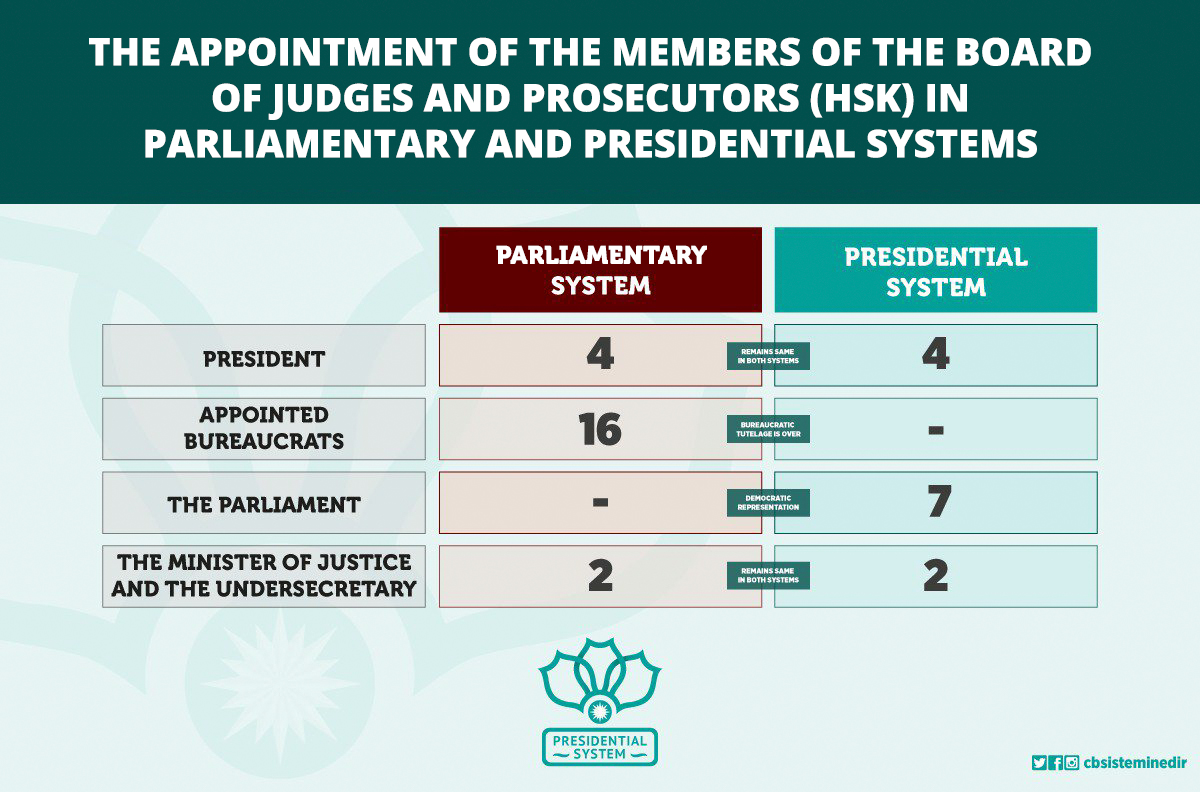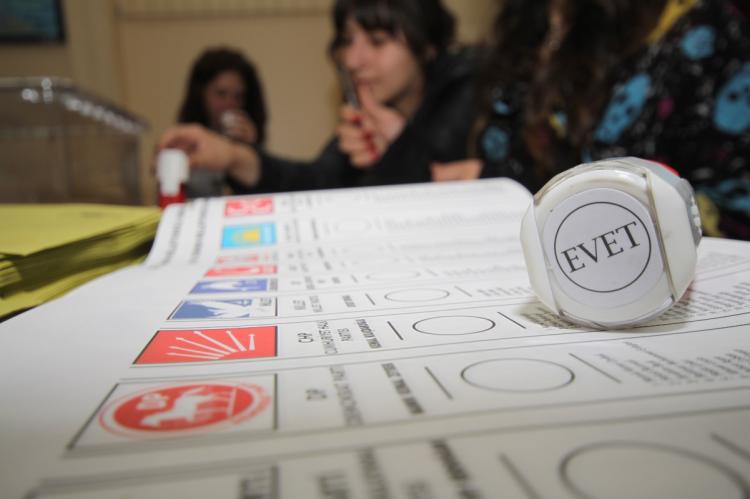The Guardian article contains factual mistakes regarding Turkey's presidential system
Covering the snap elections of Turkey, The Guardian article falsely claims that the president 'will rule by decrees' in presidential system
On 18 April 2018, The Guardian published an article about the snap elections in Turkey that will be held on 24 June 2018. However, the article contains factual mistakes regarding Turkey’s new presidential system which will start to be implemented after the upcoming elections.
Claim: The president has a greater say in appointing judges to the highest judicial board in the country
The article alleges that Turkey’s constitutional referendum of 16 April 2017 enabled the president to have more power regarding the appointment of judges to the highest judicial board of Turkey, the Board of Judges and Prosecutors (HSK).
[T]he constitutional amendments… allowed the president to… have a greater say in appointing judges to the highest judicial board in the country
Prior to the constitutional referendum, the Board consisted of 22 members, 16 of which were selected in a closed circle of appointed bureaucrats. Four of them were selected by the president. The Minister of Justice and the undersecretary are the natural members of the Board.
Unlike what was claimed in the article, the president does not have a greater say in the appointment of the board members. The number of the members appointed by the president remains same.

The number of the HSK's members were reduced to 13 and the parliament was given the right to elect 7 members of the Board, thereby opening the closed structure of the institution to the democratic legitimacy of the popularly elected bodies and offices.
With the number of members assigned by the president remaining the same, the parliament will assign more members than the president.
Claim: The president will be able to rule by decree
The article also includes another factual mistake by voicing the statements of the Turkish columnist Soner Cagaptay. Cagaptay falsely claims “the president will be able to rule by decree” when the presidential system will start to be implemented after the elections.
However, the scope of the legislative decrees and the president’s power to issue them is strictly restricted in the presidential system.
In terms of the hierarchy of norms, laws/codes are superior to both the presidential decrees. Accordingly, the president’s right to issue decrees is restricted by five prescriptions in the constitution. The related part of the Article 119 of the Turkish Constitution which regulates the presidential decrees reads as follows:
“The President can issue decrees on subjects concerning the executive. The fundamental rights, personal rights and duties in the first and second divisions, and the political rights and duties in the fourth division of the second section of the Constitution cannot be regulated by Presidential decrees. The President cannot issue decrees on issues that the Constitution says will be specifically regulated in code. Issues which are conspicuously regulated by code are exempt from Presidential decrees. When a code and a Presidential decree have different prescriptions, that of the code applies. A Presidential decree is annulled when the parliament issues a code on the same subject as the decree.”
In the current parliamentary system, the legislative decrees are issued by the Council of Ministers and are submitted to the parliament for discussion. If the parliament ignores the discussion, there is no legal consequence of this omission: the legislative decree remains active.
However in the presidential system, a legislative decree issued by the president is also presented to the parliament, but if it is not discussed and given the final decision within three months, it will be annulled. The related part in the same article reads as follows:
“Except for when the Grand National Assembly of Turkey cannot convene due to war and casus fortuitus, the presidential decrees issued in a state of exception will be discussed in and be decided by the Grand National Assembly of Turkey within three months. Or else, Presidential decrees issued in a state of exception will be cancelled on their own.”
To see have a deeper knowledge about the presidential system which will start to be fully implemented after the June 24 elections, read our fact-sheet.



